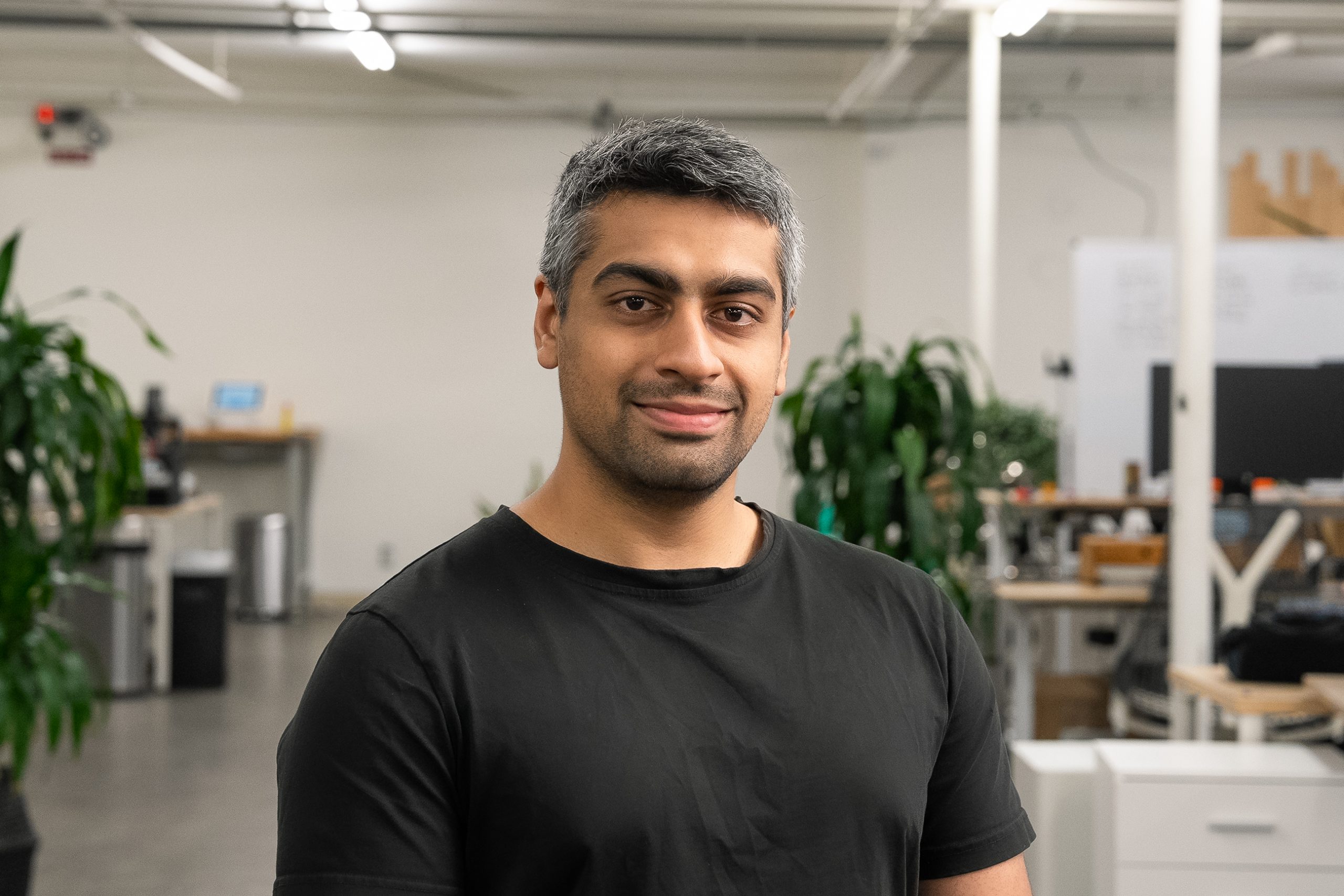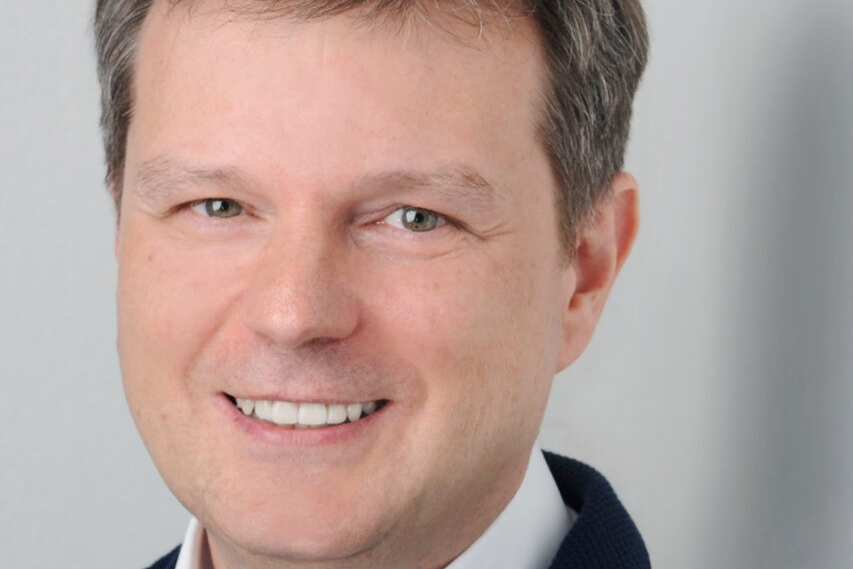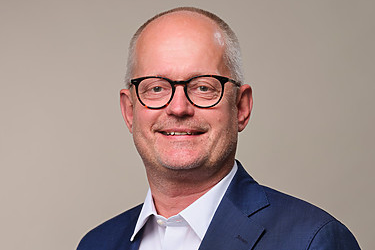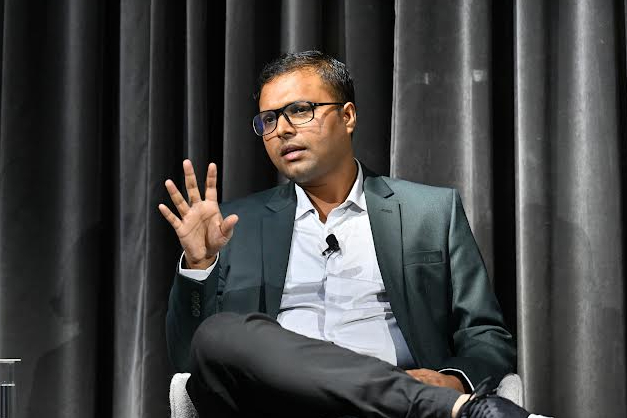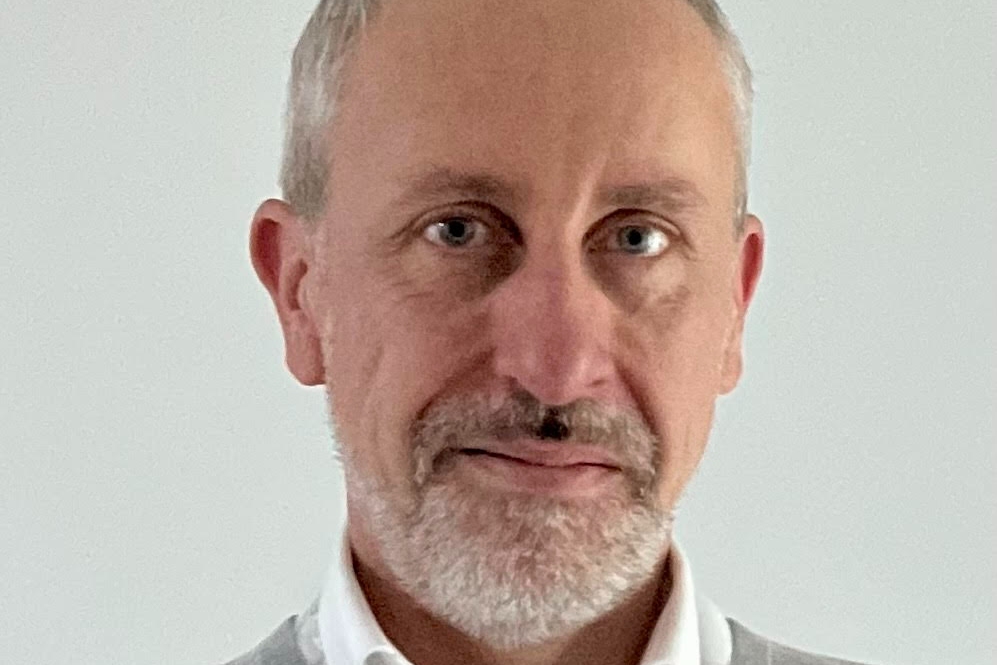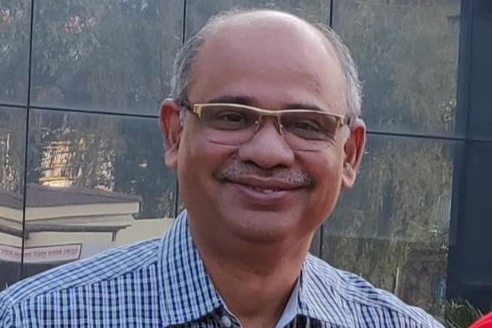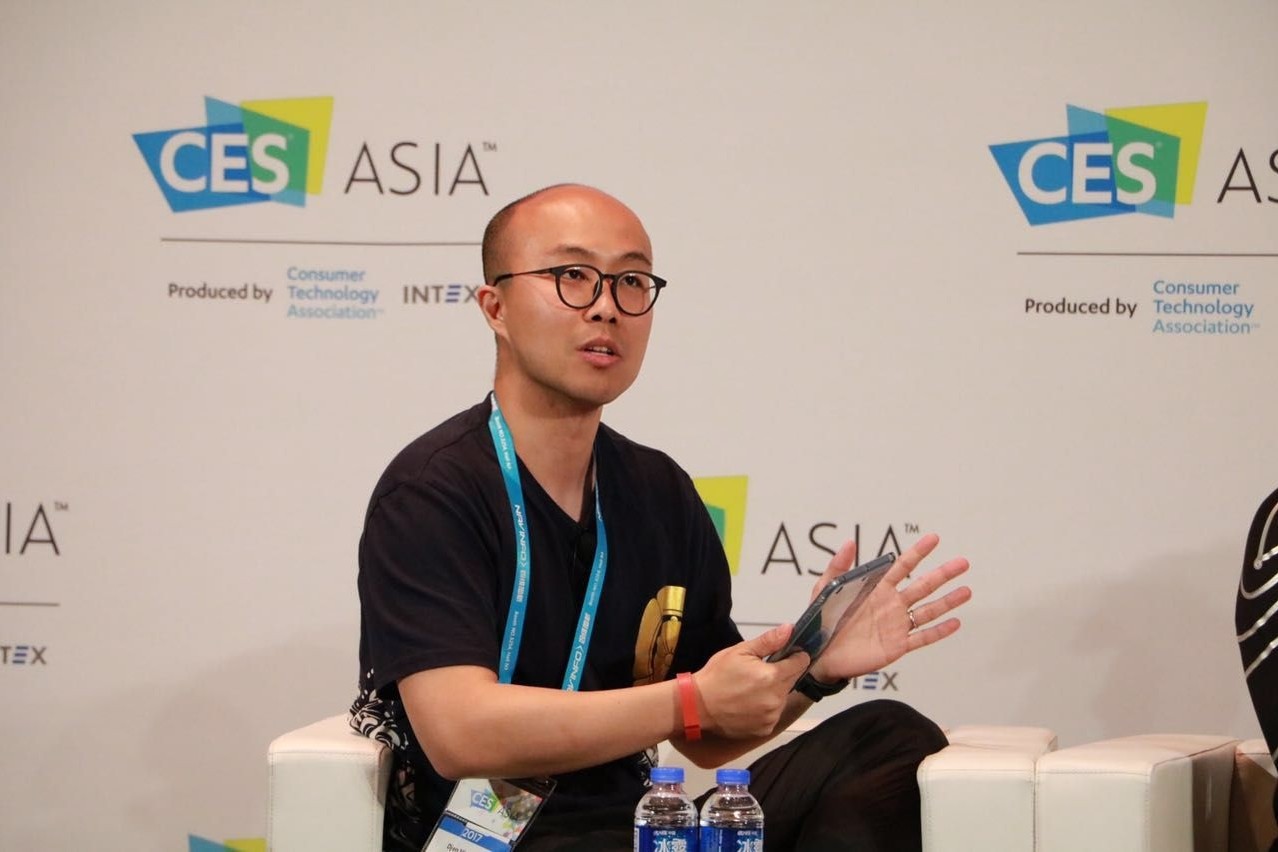
Vincent Djen – Fashion Innovator and owner of Cheng Kung Garments
Our recent interaction with Mr. Vincent Djen, Fashion Innovator and owner of Cheng Kung Garments shares insights about his company and how he started working towards sustainability.[Interview] Fashion Entrepreneur Vincent Djen ensuring sustainability with low impact materials and textile waste recovery
2021-03-02 12:02:00 – ChinaCheng Kung Garments is a family business that was founded in 1975 and has played a prominent role in the apparel industry for over 45 years. The company’s main office is located in Shanghai while its production facility is located in Shenzhen, China.
In the initial years, the concept of sustainability for the company was mainly limited to the safety of the product and its workers. But as time passed, they have moved towards working on reducing the negative impact on the environment. The company holds many sustainability-related certifications such as BSCI. Even the materials that they consume are certified with GRS (Global Recycle Standard), Repreve, Bluesign, Organic & BCI, Responsible Down Standard (RDS), etc.
Our recent interaction with Mr. Vincent Djen, Fashion Innovator and owner of Cheng Kung Garments shares insights about his company and how he started working towards sustainability. He has worked with major brands as well as young startup brands in the premium and mid-market segment in North America and Europe for over 12 years through his family business.
Mr. Djen has also founded FashionEx and is the CEO of REMAKEHUB. FashionEx is a Shanghai-based innovative fashion incubator for fashion startups while REMAKEHUB is a young social enterprise, which provides creative and impactful recycling solutions on transforming waste into new generational lifestyle products using high-tech innovative material and sustainable design.
YnFx: How did Cheng Kung Garments start and how is the company working towards ensuring sustainability?
Djen: Cheng Kung Garments was founded in Hong Kong by my parents in 1975. Since day 1 my parents focused on quality and delivering on time, and now we are adding sustainability to this core focus. I joined in 2005 and at that time the industry had started sustainability movement, but back then was more focused on sustainability such as product safety and workers' well being and we worked with our brands’ clients to ensure those were being met; however, in the past 5-7 years our some of our clients taught us that sustainability is more than that and I also saw many of the issues in the industry especially the negative environment impact so Cheng Kung wanted to do more and so we started finding and developing more low impact materials, I attended different conferences and met more people in the sustainability and realized there is much more needed to be done, so we continue to learn, try, develop, and invest into the sustainability which I see is the new industrial revolution! Is a way for Cheng Kung to survive and also can play a positive role in the industry.
YnFx: What motivated you to start FashionEx?
Djen: I started FashionEx with my friends Amelie and Wei cause we felt like entrepreneurs needed a guiding light to help them avoid mistakes and grow quickly so that's why we started FashionEx as a kind of giving back to the industry and also learn what's going to be the future of fashion as startups are a key indicator of what's going to happen in the future.
YnFx: What do you think are the main challenges that are slowing down the fashion industry to move ahead in the sustainable journey?
Djen: I think what we consume and how we consume shapes the kind of consumers we are, it gives us a # and is how others see us. So all it matters is to make sure consumers consume sustainably doesn't matter which route they take.
YnFx: What do you think are the most important material innovations in the fashion industry and why?
Djen: I think we are in the golden age of material innovations in the fashion industry as every week we hear and see new more sustainable materials hitting the market. Right now I think the lab-grown bacterial-based material is probably the most sustainable ones as they don't need petroleum or farmland but in a year or two, this may change.
YnFx: Tell us something about REMAKEHUB and your role there.
Djen: Through REMAKEHUB, we turn apparel and plastic waste into new products or back to the supply chain as material. My role is to work on R&D, new developments, and figure what's the best approach for using the waste given what we have access to.
YnFx: What are the key achievements of REMAKEHUB so far?
Djen: We are very honored to be under UNDP Youth CO:LAB and also honored that we worked with organizations like WWF, Allbirds, etc.
YnFx: What are some of the future projects that you’re excited about?
Djen: We got a few big projects that are cooking but the most exciting one is that we are working on projects that will help produce better quality rPET yarns.
Market Intelligence
Ask for free sample Report

experience
Customer Base
dedicated team
Countries Served Worldwide

